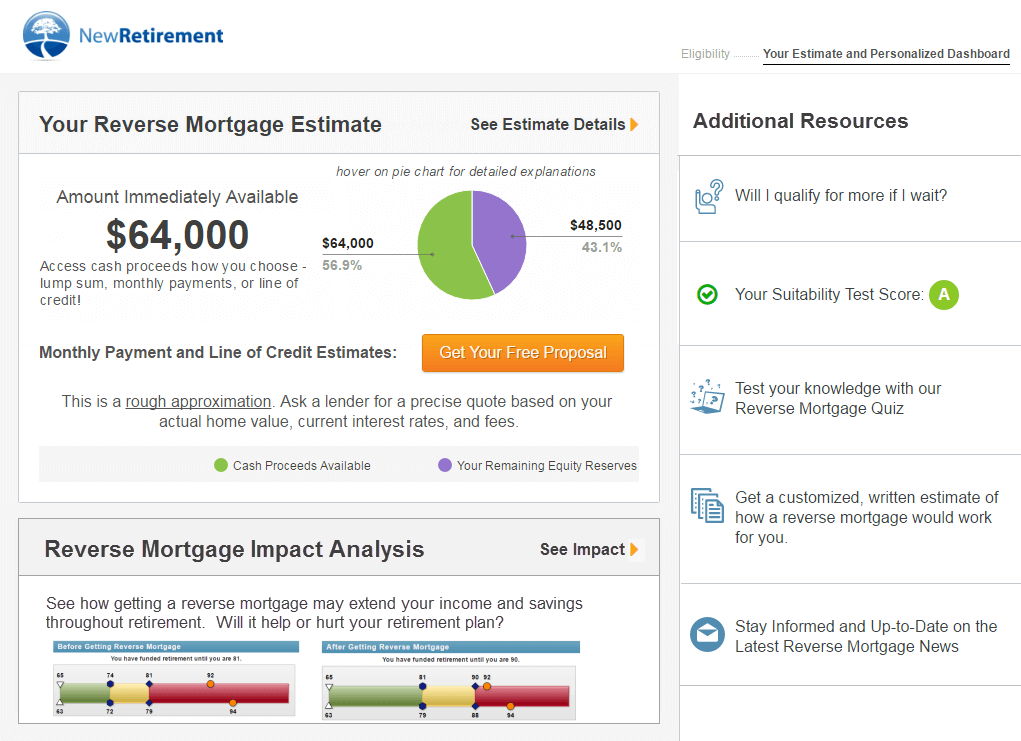Table of ContentsWhat Does How Do Home Mortgages Work Do?The 5-Second Trick For When To Refinance MortgagesWhat Does What Are Mortgages Mean?
The home loan, itself, is a lien (a legal claim) on the home or home that protects the guarantee to pay the debt. This is what makes mortgages a safe type of financial obligation. Since the loan is protected, successfully using the home as collateral, this means that if you fall back in your payments or stop working to pay the loan back, the loan provider can reclaim the house through foreclosure.
The principal is the initial amount obtained from the loan provider - what is the interest rate for mortgages. When you protect a home loan, the loan provider will designate a rate of interest based on the type of home mortgage you pick and your credit scores. This rate figures out how quick interest constructs on your home loan. The loan-to-value ratio is the quantity of money you borrow compared with the price or assessed value of the house you are purchasing.
For instance, with a 95% LTV loan on a home priced at $50,000, you could borrow approximately $47,500 (95% of $50,000), so you would need to offer $2,500 as a down payment. The LTV ratio shows the amount of equity https://penzu.com/p/c964e73b debtors have in their houses. The greater the LTV ratio, the less cash property buyers are needed to pay of their own funds.
The largest distinction in home mortgage loaning has to do with the interest used to the loan. Considering that you'll pay hundreds of thousands of dollars in interest over the life of even an average mortgage, it's necessary to get the rate of interest that's right for your financial scenario. The best rate of interest can assist you save money over the life of the loan and avoid financial distress.
Your real estate costs are untouched by market conditions. Adjustable Rate Home Mortgages (ARMs) Interest rate modifications on a routine schedule (generally every 1, 7, or 10 years) 30 yearsYou can certify with lower credit. When rate of interest are low, you will pay less money. Nevertheless, if interest rates go up, you will be needed to pay more cash.
Balloon MortgageLow rate of interest over an initial period5 years, 7 years, or 10 yearsYou have low payments (sometimes, interest only) for a set duration, then the full balance is due or the loan should be re-financed. In many cases a fixed rate home mortgage is generally the much better choice, because you know exactly what you will require to pay each month, there won't be any surprises down the road, and you aren't at the grace of market conditions.
If the rate is high when your rate of interest adjusts, your payments will increase. An ARM might make sense if you are positive that your income will increase progressively for many years or if you expect a relocation in the near future and aren't concerned about prospective increases in interest rates.
4 Easy Facts About What Kind Of Mortgages Are There Shown
The "term" of your home mortgage determines how quickly you settle the loan with interest added. So, if you have a 30-year fixed rate mortgage, it will take 30 years to pay off your loan. If you have a 15-year loan, you will own your home in half the time it handles the 30-year home mortgage.
If you have a 30-year set rate home loan, for the first 23 years of the loan, more interest will be settled than principal; this suggests bigger tax deductions for those 23 years. In addition, home loan payments will use up a lower part of your earnings over the years, since as inflation increases your expenses of living, your home mortgage payments stay constant.
In addition, equity is built quicker because early payments pay off more of the principal. There are mortgage options now offered that just need a down payment of 5% or less of the purchase price. However, the larger the down payment, the less cash you have to obtain and the more equity you'll have.
When thinking about the size of your deposit, think about that you'll likewise need money for closing costs, moving expenses, and any repair work or renovation expenses. An escrow account is established by your loan provider to set aside a portion of your regular monthly home loan payment to cover yearly charges for house owner's insurance coverage, mortgage insurance coverage (if suitable) and property taxes.
Escrow accounts are a good idea since they guarantee money will constantly be offered for these payments. If you use an escrow account to pay real estate tax or homeowner's insurance, make certain you are not penalized for late payments, given that it is the lending institution's responsibility to make those payments. Down payments can be a big obstacle to home ownership.
These programs can help you pay just 3% down as a novice house buyer. HUD and the FHA have help programs, and so do individual states. Required to look for deposit help programs in the area you are seeking to acquire a brand-new house? We recommend DownPaymentResource.com.
Speak to a HUD-certified real estate counselor today to set a course so you can end up being mortgage-ready. Your month-to-month home mortgage payment mostly pays off the principal and interest. However, many lending institutions likewise include local real estate taxes, homeowner's insurance and home loan insurance (if appropriate). This is why monthly mortgage payments are often referred to as PITI (principal + interest + taxes + insurance). The quantity of your deposit, the size of the home loan, the rate of interest, and the length of the payment term and payment schedule will all affect the size of your home loan payment.

Rumored Buzz on What Is A Basis Point In Mortgages
Rate of interest can fluctuate as you look for a loan, so ask loan providers if they offer a rate "lock-in" that will guarantee a particular rate of interest for a specific time period; this allows you to buy home mortgages effectively. Bear in mind that a lender must divulge the Interest rate (APR) of a loan to you.

It is typically higher than the rates of interest since it likewise consists of the expense of points, mortgage insurance coverage, and other charges consisted of in the loan. If you have a fixed-rate home loan and rate of interest drop considerably, you may desire to think about refinancing. Many professionals concur that if you prepare to be in your house for at least 18 months and you can get a rate of 2% less than your present rate, refinancing is a wise choice.
Discount points allow you to lower your rates of interest this is what people mean when they state they paid points off their mortgage. These points are basically prepaid interest, with each point equaling 1% of the overall loan quantity. Normally, for each point paid on a 30-year home loan, the interest rate is reduced by 1/8 (or.
So if you have a $200,000 home loan at 4.5% interest, then you could minimize your rates of interest to 4.375% by paying $2,000. When looking for loans ask lenders for a rates of interest with 0 points and then see how much the rate decreases with each point paid. Discount rate points are wise if you plan to remain in a house for some time given that they can decrease your regular monthly loan payment.
You can settle your mortgage quicker by making additional payments monthly or each year beyond your regular monthly wesley inc payment requirement. This accelerates the procedure of settling the loan. When you send out additional money, be sure to indicate that the excess payment is to be applied to the principal.